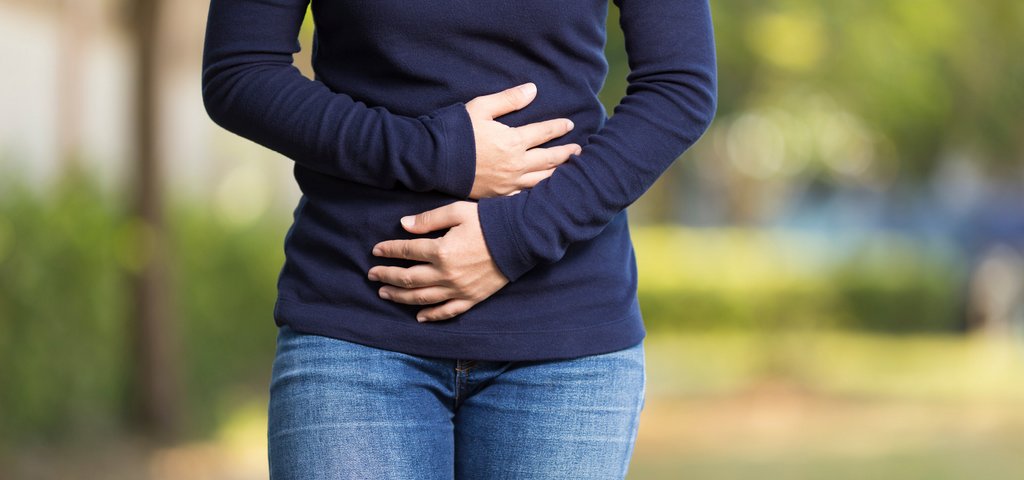Lifestyle changes to combat constipation
Constipation is described as a lack of bowel movement or stool passage that can last for over a week. When a person has less than 3 stools per week, it is a medical problem. Severe constipation is defined as having less than one stool per week. Although occasional constipation is fairly common, many people suffer from chronic constipation, which makes their daily lives and work schedules more difficult. Any signs to look for to see if you have such a problem are mentioned below –
Constipation Symptoms
The following are the most common signs and symptoms:
1.Having trouble passing stool
2.Stool passing is less than normal.
3.Stool that is hard, dry, or droopy
4.Passing stool with strain
Other signs that may or may not be present entail:
1.Dizzy
2.Appetite loss.
3.Cramping
4.Gastric pain and acidity
5.Feeling bloated
Constipation can be permanent in a few instances, as follows:
- Bowel motility is reduced in older people because they are less healthy and have limited intestinal muscular contraction.
- Women who are pregnant or breastfeeding go through hormonal changes that render them more susceptible to constipation. The intestines are squeezed by the baby in the womb, slowing stool movement.
- People who take blood pressure drugs, opioid pain relievers, sedatives, or antidepressants.
- People who drink too little water during the day
- People who drink too little water during the day
- People may have an eating issue or mental illnesses such as depression.
Consequences of Constipation
If you have been having frequent and difficult bowel movements for a long time, you can develop the following complications:
1.Hemorrhoids are rectum veins that are swollen and inflamed.
2.Anal Fissures are tears in the skin along the lining of the anus triggered by hardened feces passing through.
3.Chronic constipation induces a buildup of hardened feces in the intestines, which is known as fecal impaction.
4.Urinary Incontinence: Straining can cause damage to the pelvic floor muscles, resulting in urine leakage from the bladder.
5.Diverticulitis is an infection that develops in the pouches along the wall of the colon as a result of stool accumulating in the colonic passage.
Constipation Treatment options
Among the different medical options available some are listed below
1.Self-care is essential.
2.Constipation can typically be healed by practicing good self-care, such as eating more fiber, consuming plenty of water, and having regular exercise.
3.Supplement/Medication Evaluation
Your physician will need to check the medicine or supplements to see whether either of them is causing constipation in parallel to the self-care strategies. Your doctor can modify your dosage, switch you to a different medication, or encourage you to quit taking that medication altogether.
Treatments available over-the-counter
Fiber supplements absorb water and assist in the development of bulky stool. Be sure you drink plenty of fiber-rich water to prevent clogging the stools. Psyllium, Methylcellulose fiber, and other popular options are available.
Osmotics – It aids in the drawing of water into the large intestine, making the stool smoother. They can cause nausea and cramping diarrhea. If you’re an older person or have cardiovascular or kidney disease, consult your doctor.
Suppositories – These are tablets that go straight through your rectum. They usually operate by gripping your intestines to help you pass feces. Bisacodyl and glycerin are excellent alternatives.
Stimulants– Stimulants allow the feces to be squeezed out of your intestines. Bisacodyl and sennosides are two common ones.
Enemas – Enemas can be used to force fluid into the rectum. Enemas such as regular tap water, mineral oil, and bisacodyl enemas are widely used. The fluid loosens the stool and helps it move more smoothly.
Stool softeners – These are best used for a brief period of time, such as during surgery. They soften your stool by attracting water from your intestines.
Laxatives with lubricants – Laxatives with lubricants, such as mineral oil, make it much easier to pass stool into your colon.
Medications on prescription
Lactulose is an osmotic agent that attracts water into the intestine, softening and loosening the stool. Gas, diarrhea, upset tummy, and stomach cramps are some of the side effects.
Linaclotide is a drug that is being used to treat irritable bowel syndrome and idiopathic constipation that causes constipation.
Lubiprostone may be recommended by the doctor If you have constipation or constipation caused by opioids.
Your doctor will diagnose your condition and recommend the medication that is most appropriate for you.
Surgical procedures
If your constipation is triggered by structural problems in the colon, this medical treatment is used. Narrowing of a segment of the intestine, obstruction in the colon, dropping a portion of the rectum into the vagina, breaks in the anus, or cancer in the anus, rectum, or colon are all possible triggers.
Tips to Avoid Constipation
1.Easy lifestyle improvements and constipation home remedies may have a cumulative effect on your digestive tract and alleviate constipation.
2.Slowly add fiber-rich foods to the diet, over the course of a week to assist with bowel movement. You can feel gassy and bloated if you raise the fiber content too quickly.
3.Increase your intake of vegetables and grains – Aim for 2 cups of fruits and 2.5 cups of veggies every day. In addition, increase your intake of multigrain cereal grains, whole wheat crackers, or whole oats.
4.Have laxatives when needed. Take a laxative every now and then to get things going.
5.Stay hydrated by increasing your fluid intake and including more fiber in your diet.
6. Make it a point to exercise for at least 20 minutes three times per week. If you’re low on time, split your everyday routine into many sessions.









